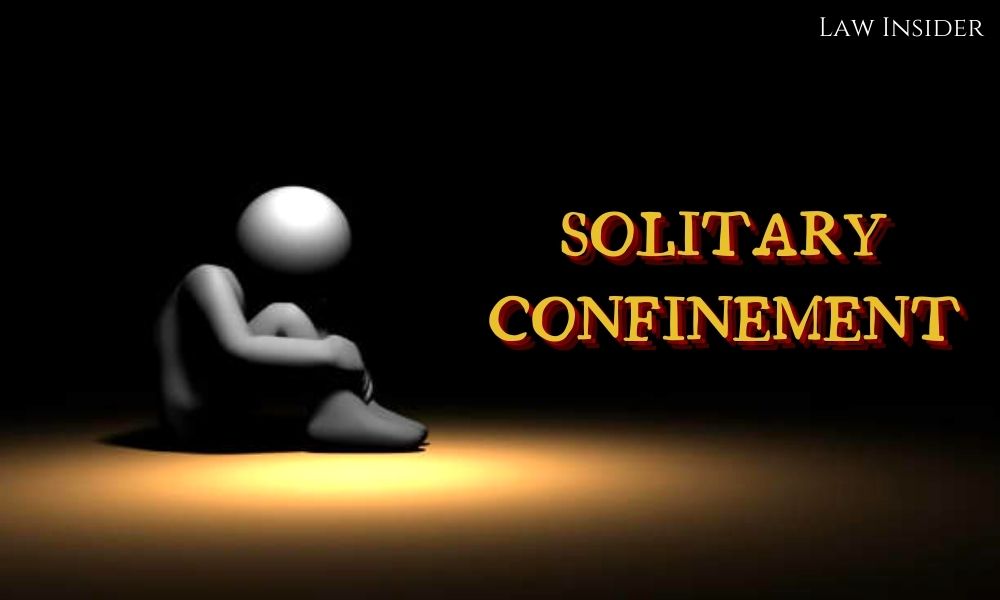LI Network
Published on: 15 August 2023 at 11:30 IST
Three under-trial prisoners have recently filed a petition with the Calcutta High Court, claiming that they have been subjected to solitary confinement, which goes against the principles of humanity and justice.
The Calcutta High Court has decided to further investigate the matter. The plea revolves around several allegations, one of which is that three of the petitioners were placed in separate solitary confinement.
Justice Sabyasachi Bhattacharyya, presiding over the bench, noted:
“Since the petitioners seek to familiarize themselves with the contents of the report filed today by the State and to take exception thereto, if necessary, the matter is adjourned till August 10, 2023, when it will be listed fairly at the top of the list for passing orders.”
Advocate Achin Jana represented the Petitioners, while Advocate Sk. Md. Galib represented the State.
The petitioners’ counsel argued that subjecting them to separate solitary confinement contradicts the principles of humanity and justice. They emphasized that under-trials should not be treated worse than convicts.
Furthermore, the counsel asserted that the petitioners were severely restricted from interacting with others.
They cited an incident where one petitioner’s family members were treated brutally by the police when attempting to visit him.
Additionally, the counsel stated that the petitioners had significant medical issues but were not receiving proper medical attention from the authorities.
The counsel relied on Section 64 of the West Bengal Correctional Services Act, 1992, which allows prisoner transfers based on overcrowding.
The State’s counterarguments included mentioning a “day unlock” period that allowed limited contact with others. Medical issues were addressed, with only one petitioner having a non-serious condition.
The State’s counsel also argued that the petitioners were not in solitary confinement but housed together due to overcrowding.
They contended that the issues raised in the writ petition had already been presented before the Sessions Judge and resolved, making them ineligible for reconsideration.
The Court examined the legal definition of “solitary confinement” presented by the state counsel and concluded that it refers to complete isolation, which does not apply to the present case where the petitioners were kept together in the same cell.
The Court further acknowledged that the issues raised in the writ petition had been previously addressed by the Sessions Judge.
However, in regard to allegations of mistreatment of the petitioners’ relatives and insufficient medical attention, the Court expressed uncertainty about the adequacy of the medical care provided to the under-trials’ well-being.

